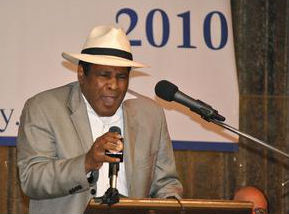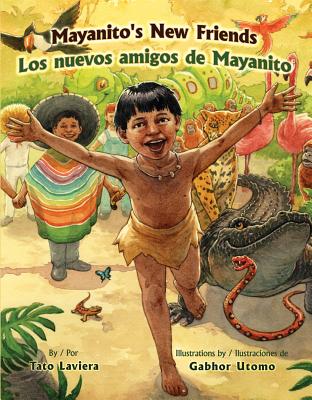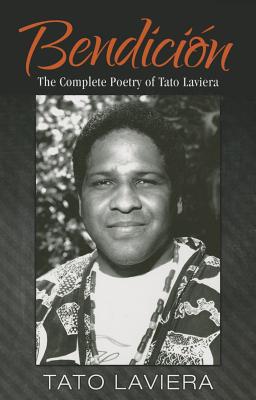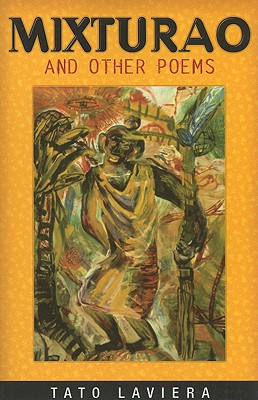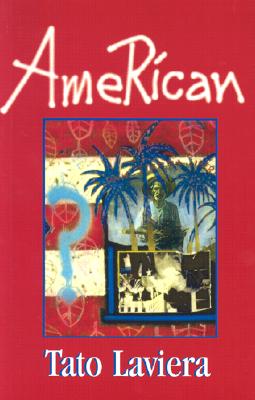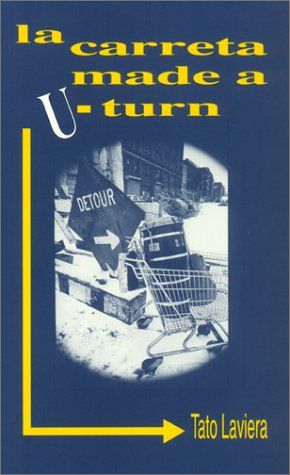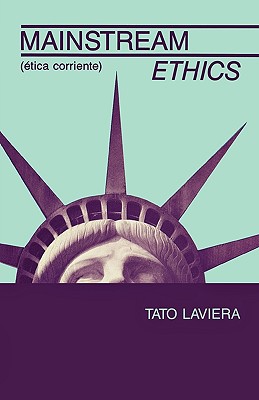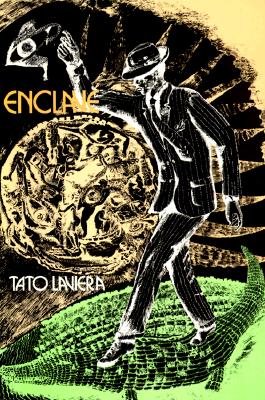Tato Laviera
Jesus Abraham Laviera Sanchez known as “Tato” was born on May 9, 1950 in Santurce, Puerto Rico. He is an Afro-Puerto Rican that immigrated to the United States, where he and his family settled in the Lower East Side of New York City.
His father was a philosopher and a writer. Laviera is best known as a renowned Nuyorican Poet because all his life he was involved in many human rights organizations. He addresses themes of immigration, race, history, and transcultural identity. They began calling him "Tato" because according to his Catholic school; it was not right for a boy who didn’t speak English and colored to have the name of Jesus. Laviera graduated with honors from high school. He attended Cornell University and then Brooklyn College but never finished, not obtaining a degree. His interest instead was to help in social and community work; he spent his time in a non-profit organization which provided educational opportunities for those who needed help to obtain a high school diploma and get into college. Laviera was the director of the Hispanic Drama Workshop at Rutgers University and a creative writing professor. Laviera had two children, Ruth Ella, and a son Che Malik who died in 2005.
He began writing poetry early, at a very young age which made his discover the wealth of characters and attitudes which poetry contains. His poetry is written in a mixture of both English and Spanish .Having both languages added to his poetry separated him from many other writers of his time, Laviera mastered using the terms of each language to achieve his rich symbolism and metaphor ordinary in his writing. He has stated that the most important part of his poem is the tittle and had always made it important to have his poetry performed in front of the audience in a musical manner. Having live recitation in poetry is a very important aspect of the Nuyorican movement; it portrays the spirit of the poems and makes you feel in the moment. Laviera’s poetry is filled with music such as bomba, rap and preaching giving a voice to all different people, and cultures. Laviera never forgot he belonged to two nations, making them both matter. His life was a beautiful process of his commitment to his people, where he grew up and came from. His first poetry book, "La Carreta Made a U-Turn" was published in 1970 by Arte Publico Press. The book was extremely successful and received much praise. He was invited to the White House Gathering of American Poets in 1980 by President Jimmy Carter having La Carreta Made a U-Turn more evident.
Laviera’s second book Enclave was published in 1981, which made him the first Hispanic author to win the American Book Award of the Before Columbus Foundation. Poems from his third book AmeRican published 1986 have been added in more than thirty anthologies. Then he had Mainsteam Ethics published in 1988 which condemns and demands social equality while Mixturao and other poems published in 2008 acknowledge the multicultural aspects of American life. All of his work contributes to the establishment of Afro-Caribbean traditions that inspire poetry in spoken and tone. There are many Nuyorican poets that give importance to the negative aspects of the Puerto Rican experiences but not Laviera. Laviera’s poetry makes you feel hopeful and confident about the future because he speaks about the strength of the Puerto Ricans in New York who have protected their distinctness. Besides being a great poet, he was also a prolific playwright. His play Olu Clemente made in 1978, based on the life of Puerto Rican baseball legend Roberto Clemente was published in Nuevo Pasos: Chicano and Puerto Rican Drama by Arte Pyblico Press. It was one of Laviera’s most successful plays and had about forty performances in New York City. Other best known plays are Pinones (1979), Can Pickers (1986), and his Mixturao Review (2005). Two of his plays The Spark (2006) and 77 P.R Chicago Riot (2007) appeared in The Afro-Hispanic Review.
Laviera suffered from diabetes, in the year 2004 he became legally blind because of complications with diabetes. These complications interrupted his work but it encouraged him to work with the American Associated for Diabetes to help others who suffered from the disease. During this time he continue his passion for community work , he hosted events where poets could speak about how diabetes has affected their lives and offer help to the Hispanic community which he develop with the Diabetes Project known as the Jesus A. Laviera One-Day. Laviera fell into a diabetic coma in late January of 2013; he later passed away on November 1, 2013 in Mount Sinai Hospital in Manhattan.
His legacy still remained after his death, he received professional recognition such as the Long Island State University Lifetime Achievement Award and the Pedro Pietri Hand Award in 2009 and in the year 2010 the New York University held a tribute for him. The New York arts community renamed its Red Carpet Theatre after him which is his last place of residence "Tato Laviera Theatre" located in Harlem, New York. Most of Laviera’s papers, such as an extensive collection of unpublished materials that include photos, many plays, varied poems and personal letters are held by the Archives of the Center for Puerto Rico Studies at Hunter College.
Author profile written by Jessica Ramos.
Are you the author profiled here? Email us your official website or Let us host your primary web presence.

